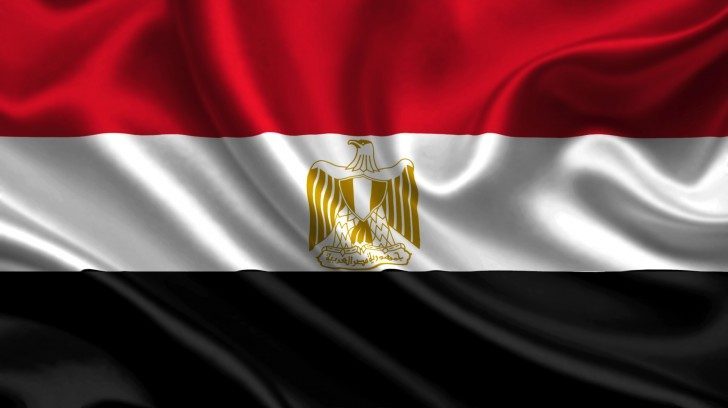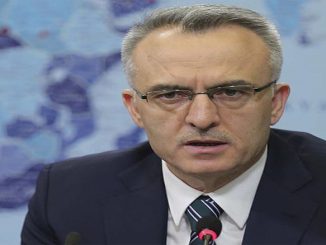
Egypt’s economic reform has been highlighted in a number of international economic financial events and government policies, but there are great measures and standards that need to be accomplished according to the International Monetary Fund. The IMF main focus and goal for Egypt is having a balanced budget. But the deficit has escalated reaching 8.9% of the GDP as a result of high expenditure on wages, around 14% of GDP, and subsidies and interest on past loan payments which make up 28% of the 2015/2016 budget.
As a step required for obtaining the IMF loan, Egypt has removed energy subsidies but it is expected to push further with reforms by removing most, if not all, subsidies. According to Christine Lagarde- the managing director of the IMF-“Beginning this process was a major achievement. Continuing it will be equally important, and completing it for good, the ultimate goal.”
Moreover, the Egyptian government has worked on achieving the IMF objective in increasing revenues through taxation on goods and services despite the desire for the removal of the capital gains and income tax. In this context, the Egyptian cabinet has approved the value-added tax (VAT) but it has not yet been approved by parliament. The Egyptian parliament fears the public dissent over the (VAT).In addition; banks have also refused to implement VAT.
In fact, the Egyptian government is facing a massive finance shortage due to many reasons as tourism drawbacks, capital flight, and the decrease in exports and increase in imports.
Moreover, the IMF wants Egypt to liberalize the exchange rate and the implementation of a VAT tax. However, the fund claimed that floating the exchange rate would only reduce the impact of capital shortfalls, not reverse it, according to the April 2016 World Economic Outlook published by the IMF. Egypt has been struggling a lack of capital and accordingly, the budget deficit led to a lack of credit for social and infrastructural development and forced the Egyptian government to seek a financing from abroad.
The first installment of a World Bank loan is conditioned on the implementation of a number of structural adjustment policies prescribed by the IMF and outlined by Christine Lagarde’s speech in 2015. These outlines include issuing new investment laws, removal of subsidies, liberalization, and privatization of utilities, VAT and other trade and economic liberalization measures. The IMF can delay the loan until it is satisfied by Egypt’s commitment to accomplishing the reform plan and demands. She also added that more work can be committed according to the openness to a trade and the business environment in Egypt. Egypt ranks 119 out of 142 in the World Economic Forum’s Competitiveness Index.
Lagarde’s stated that if adopted a new investment law which allows for an untaxed transfer of profits abroad, Egypt can attain a top 50 spot in the index is the implementation of the new investment law. She said, “Yet, investment only goes where there is confidence and policy certainty.”
Since 2011 Egypt has faced a number of challenges because of political instability that affected the businesses and investment environment. Moreover, the domestic and regional security have played a major role in frightening investors especially after the military coup in 2013. Many investors believe that Egypt isn’t an encouraging environment as the regime is unstable due to internal discontent from results from the unsuccessful economic policies, human rights abuses, and recently giving away Tiran and Sanafir islands to Saudi Arabia that led to many demonstrations.
In this context, José Viñals, director of the Monetary and Capital Markets Department at the IMF when he was asked about Egypt’s risk of doing business and what the IMF plans to do to reduce risk in Egypt, he stated that “these risks are of a non-economic nature, the solution must come from elsewhere”.
According to CAPMAS, long-term poverty has risen to 26.3%, while 17.2% do not have access to their daily nutritional needs and 13.4% of the population does not have access to any income according to government statistics.



